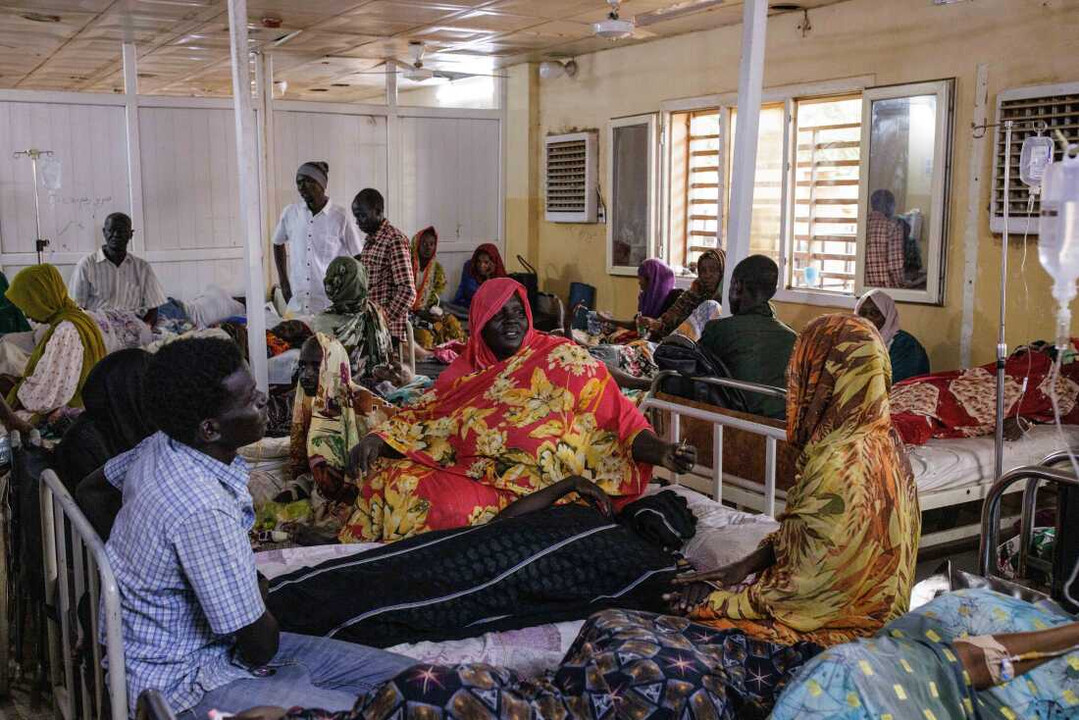
CAIRO, Egypt - In the face of relentless gunfire and shelling, Sudanese doctors like Mohamed Moussa are grappling with a devastating humanitarian crisis. More than a year and a half into the brutal conflict between the Sudanese army and the Rapid Support Forces (RSF), hospitals have become battlegrounds, leaving healthcare workers on the frontlines of a shattered system.
The war has inflicted a horrific toll on the civilian population. Hospitals are overwhelmed with patients suffering from gunshot wounds, burns, and amputations, including children as young as four months old. Medical facilities themselves have been repeatedly targeted, with bombings and shelling forcing many to close.
The situation is dire across the country. In North Darfur, a recent drone attack killed nine at a major hospital, while in famine-hit areas, aid organizations have been forced to evacuate their field hospitals.
Satellite imagery reveals the extent of the damage: nearly half of Khartoum's hospitals have suffered visible damage since the war began. The World Health Organization has documented 119 confirmed attacks on healthcare facilities, and the national doctors' union estimates that up to 90% of medical facilities in conflict zones have been forced to shut down.
Both sides of the conflict have been implicated in these attacks. The RSF has raided hospitals, while the army has conducted airstrikes on medical facilities. The targeting of healthcare workers is a grave concern, with 78 medical professionals killed since the war began.
The humanitarian crisis extends beyond the immediate impact of the war. With millions facing acute hunger, hospitals are now grappling with a surge of severely malnourished children.
The situation is dire, and the international community must urgently increase support for medical facilities in Sudan. Without immediate action, the already limited healthcare system faces a rapid deterioration.
[Copyright (c) Global Economic Times. All Rights Reserved.]





























